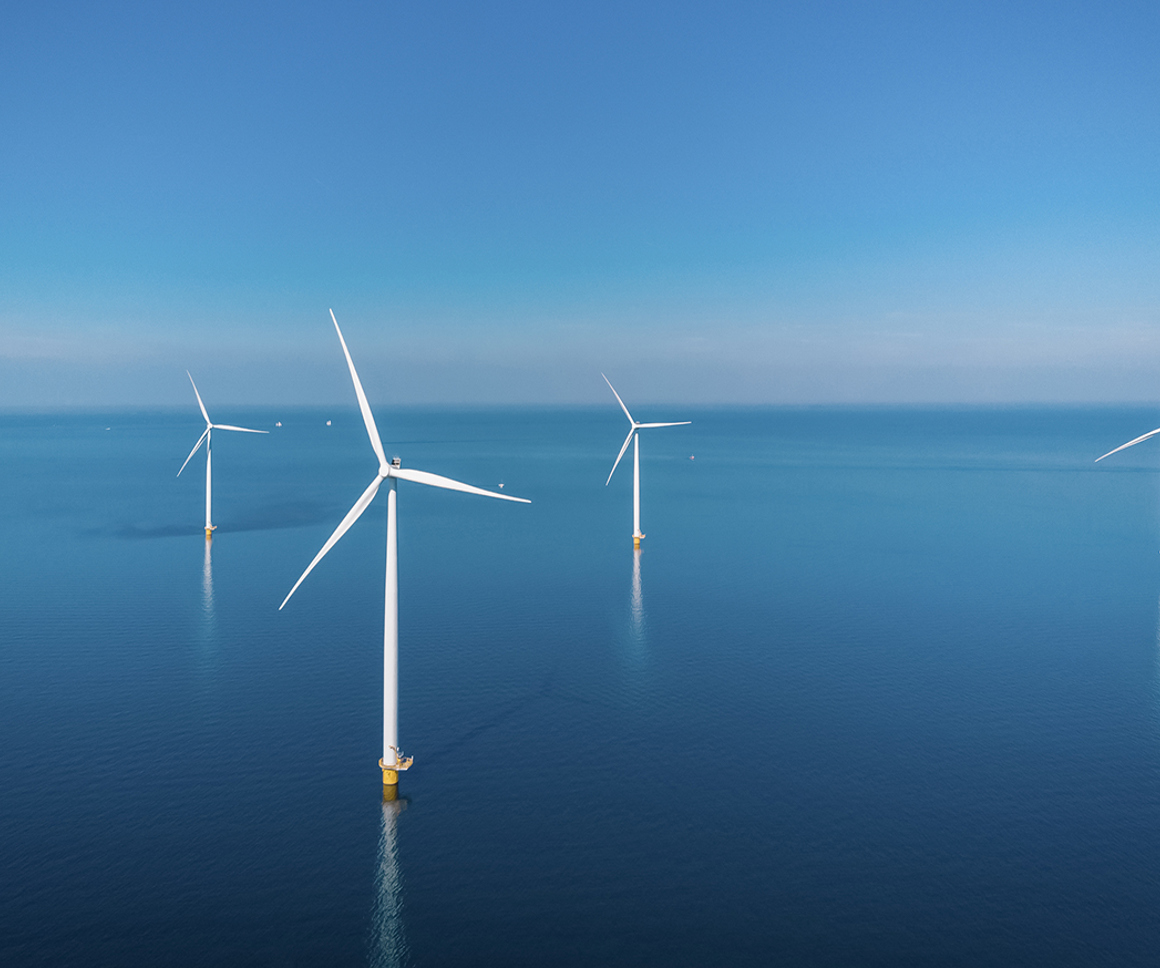Government must take tough decisions on net zero to get investment moving now
Energy transition Net zero Policy & regulation Climate change
Since coming to power in July, the Government has immediately lifted planning restrictions on onshore wind and pushed through six solar projects with a total capacity of almost 3GW. These projects will create jobs, drive investment, and build investor confidence, all in the name of growth.
Overcoming local planning opposition and progressing this handful of projects are important short-term gains for the Government. Still, longer-term action is required to power ahead with net zero and drive growth in the economy. To bring a nationwide dividend and long-term prosperity, the Government must take firmer and bolder action in the energy sector. It must be innovative and listen to the industry on what it needs.
Take GB Energy, a manifesto-leading pledge from the Government to help drive growth and achieve energy security. Six months on, and we are still waiting for action – the Government have established a non-exec Board, but we don’t have any investments into what was promised to drive clean energy deployment. Some funding has made its way through the National Wealth Fund, including those announced by the Chancellor last week, but nothing to meet the expectations of what was promised.
Encouraging private investment in clean energy
If growth is the priority, then the Government must get capital out into the sector far faster than it is currently doing. Importantly, this need not be all public sector money, and where necessary, it should be a catalyst to crowd in private money. For example, GB Energy could competitively provide seed investment to a number of fund managers already well established in the energy transition with investment operations up and running to stimulate funding into key projects. Such a route would ensure GB Energy can start to support the projects it set out to do rather than get stuck in bureaucratic red tape.
Supporting UK supply chains in the energy transition
Net zero presents an excellent opportunity for the development of a UK supply chain and the associated jobs. According to Renewable UK, each gigawatt of new offshore wind adds £2-3 billion in value to the UK economy, while the sector supports over 30,000 jobs. And decarbonisation is much more than offshore wind; we need to build supply chains for carbon capture and storage, hydrogen facilities, installation of electric heating, and the list goes on. We need to simultaneously invest in our supply chains to make sure they can service our future needs whilst avoiding delaying investment now because of placing undue requirements on local content or supply chain barriers that could prevent progress. The energy transition goes well beyond 2030, and there will be plenty of opportunities for UK manufacturers, supply chains and job creation to catch up.
Ensuring funding keeps up with ambition
The Government has set out its Clean Energy Action Plan. We know what we need to build, and we must simply get on with it, clearing hurdles along the way. The Chancellor’s announcement to remove barriers which could unlock 16GW of offshore wind in East Anglia and Yorkshire is welcome news. But the reality is that the Government must back this up with funding. This year’s Contracts for Difference budget must surpass last year’s record, with a minimum of £1.5bn needed to keep the dial moving – we need record-breaking auctions to meet our clean power targets and support investment into the industry. The momentum must be kept.
Advancing long duration energy storage
Another plan locked in deliberations is the Cap and Floor support scheme for long duration energy storage (LDES). The UK is moving fast to a wind-dominated energy system, and we know we will need to store power for those non-windy days. LDES supports this energy system and we simply can’t build too much of it. We only have a few pumped hydro plants in Britain that currently provide all of our longer-duration storage needs, and our analysis has shown that even building ten times as much storage would reduce customer costs by £24bn by 2050. We also know that investors are keen on these projects. Ofgem must move fast and deploy the Cap and Floor scheme immediately.
Helping consumers benefit from a smarter energy system
The bolder action that the Government must take is not just restricted to the supply side of the energy transition. It must also look to demand and consumers. Smart meters have long been talked about as central to our shift to a cleaner, more flexible energy system – providing customers the opportunity to access cheaper tariffs and enabling suppliers to innovate. The UK has stalled the car, though, when it comes to the rollout of smart meters. To drive innovation and develop a modern-day energy system, the Government should put the smart meter rollout back into gear by centrally coordinating the installation of smart meters in every home. This will allow suppliers to offer innovative and flexible tariffs, which, backed by an electrification drive in our homes, can provide better customer solutions.
Making home electrification more accessible
One barrier in the way is the running cost of electric heating solutions. This is currently inflated because of policy costs added to the electricity bill, and we have seen low take-up of electric heat pumps as a result. To support consumers on the electrification of the heating journey, the Government should shift costs away from electricity bills and pick these up in general taxation, or, if necessary, to gas bills if coupled with measures to protect those in fuel poverty and coupled with a national energy efficiency programme. This will lead to an electrification drive supported by home retrofit, better customer outcomes driven by innovation, and good quality supply chains and jobs. Having an explicit Clean Home 2035 target akin to Clean Power 2030 could provide a similar sense of direction and urgency.
Keeping the focus on growth and investment
The Chancellor has challenged all Government departments to put growth at the heart of policy plans. Waiting in the in-trays at DESNZ is a list of actionable policies that can unlock investment and growth within the energy industry. The Secretary of State must sweep aside caution, be bold and go for growth.





